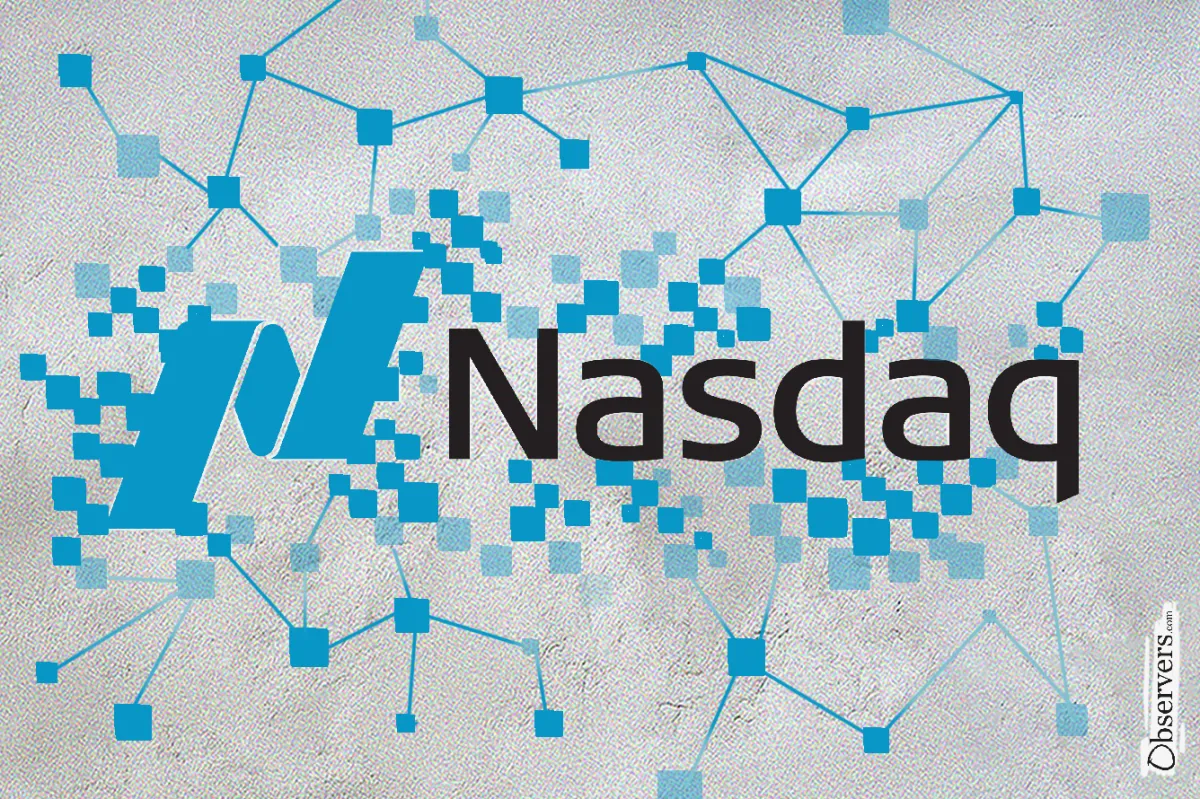
Nasdaq’s Tokenized Securities Proposal
Nasdaq recently filed a proposal with the U.S. Securities and Exchange Commission (SEC) to allow trading of tokenized securities on its main market—potentially a landmark step in aligning traditional financial infrastructure with blockchain technology. If approved, Nasdaq would become the first major U.S. exchange to integrate tokenized securities alongside conventional ones, without altering order handling, surveillance, or investor protections. The first trades could take place as early as Q3 2026, contingent on infrastructure readiness at the Depository Trust Company (DTC).
While the idea is attractive—offering potential benefits like transparency, programmability, and liquidity—RWA tokenization has not always delivered real value:
- A custodian is still needed to verify and manage the underlying assets.
- Legal finality—who truly owns what—is still settled off-chain using traditional records.
A notable exception is stablecoins. As tokenized cash, they are also RWAs but do not face the same finality problem. A dollar-backed stablecoin is redeemable 1:1, and even though a custodian holds the reserves, the token itself functions as the final settlement layer on-chain. This explains why stablecoins have flourished, despite their custodial base.
By contrast, stock markets are already digitally native, with trades, ownership, and record-keeping managed electronically. This makes equities the most natural segment for tokenization. If infrastructure and legal frameworks are updated, tokenized equities could operate without custodians, since ownership and transfer could be enforced directly on-chain. That shift would unlock:
- Near-instant settlement
- 24/7 global trading
- Automated, programmable ownership
To achieve this, registries like the DTC, along with securities laws and market rules, must be modernized so that tokenized shares become the primary legal record of ownership, not just a wrapped representation.
Tokenized Equity Is Closer Than It Appears
The United States—home to the world’s largest stock market and the most sophisticated regulatory infrastructure—remained cautious on tokenization until the Trump administration. For years, the SEC’s central focus was proving that most crypto assets qualify as securities, and thus should be regulated like traditional equities. That fight, however, overshadowed another unresolved question: how should tokenized equity projects, which explicitly seek recognition as securities, be regulated in the absence of a clear legal base?
This year, momentum shifted. In mid-2025, the SEC’s Crypto Task Force launched a consultation to gather input from market participants on tokenized equities and digital securities. Feedback spanned the spectrum: Citadel Securities and trade groups such as SIFMA urged caution, insisting that tokenized equities be treated identically to traditional shares to avoid fragmentation and investor confusion. In contrast, blockchain developers and fintech advocates called for carefully designed pilot programs, highlighting potential gains in transparency, auditability, and settlement efficiency.
Then, in September 2025, the SEC incorporated those perspectives into its broader rulemaking agenda. It proposed amendments to allow national exchanges and alternative trading systems (ATSs) to list and trade tokenized securities—so long as they comply with the same obligations as conventional instruments.
Galaxy Digital’s Tokenized Equity
There has also been a notable push from the bottom up. On September 3, 2025, tokenization startup Superstate—backed by Galaxy Digital—made Galaxy’s Class A common shares available as bona fide on-chain tokens on Solana.
Unlike synthetic wrappers, these tokens directly mirror SEC-registered equity and carry the same legal and economic rights as traditional holdings.
In the proposed scheme, Superstate, an SEC-registered transfer agent, works with UK-based registrar Equiniti to bridge traditional ledger-based shares with their tokenized equivalents.
While the project emphasizes that this is not a wrapper, the current regulatory framework still requires an off-chain registrar to maintain the official shareholder record. In this case, Equiniti continues as the legal transfer agent, while Superstate manages the on-chain record.
Further, because of compliance matters, transfers are limited to whitelisted, KYC-verified accounts onboarded through Superstate.
The multi-step process and the involvement of several intermediaries underline how complex tokenized equity remains without a clear legal framework and updated infrastructure.
Nasdaq’s SEC Filing Explained
Nasdaq’s filing aims to integrate tokenization into its existing infrastructure, allowing both traditional and tokenized versions of securities to trade side-by-side. The goal: enhance innovation while preserving market stability, fairness, and investor protection.
How It Works:
- At order entry, participants can choose to clear and settle in either traditional or tokenized form.
- Both forms share the same stock identifier (CUSIP), trade on the same order book, and follow identical execution rules.
- DTC would manage post-trade settlement, converting shares into token form when requested.
- Surveillance, market data, fee schedules, proxy processes, and error management remain unchanged.
Why It Matters
The design avoids liquidity fragmentation, ensures that tokenized securities carry identical rights to their traditional counterparts, and embeds tokenization within existing market safeguards.
What to Watch
- SEC Decision: Will the agency approve Nasdaq’s request for mainstream tokenized security trading by Q3 2026?
- CFTC/SEC Roundtable (Sept 29): Expected to focus on 24/7 trading, DeFi, and hybrid market structures.
- Infrastructure Readiness: Whether DTC, broker-dealers, and custody frameworks can adapt to tokenization.
- Regulatory Harmonization: How U.S. rules align with other jurisdictions, such as the EU, Hong Kong, Singapore, and South Korea.
- Technical Standards: Whether laws and custody rules evolve to make tokenized shares the primary record of ownership.

